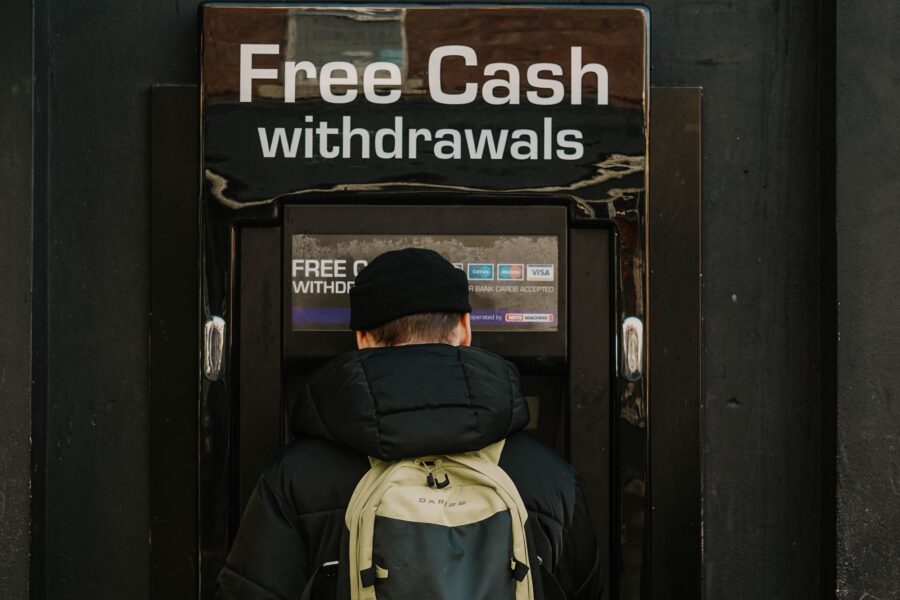
Note: This article is about the first stimulus payments as part of the CARES Act from March 2020. Learn more about the second and third rounds of stimulus payments.
How does the stimulus check work?
The coronavirus stimulus check is an advance on a 2020 tax credit. This means if you do not get a check in 2020, you may be able to claim the tax credit next year. The IRS calls this check an “economic impact payment.”
The amount you get will be based on your AGI (Adjusted Gross Income) from the last tax return you filed, either 2018 or 2019. AGI is your total income minus a handful of deductions such as pre-taxed retirement contributions, 1/2 self-employment tax, HSA deductions, etc.
Who qualifies for a stimulus check?
You might qualify for a check even if you did not earn enough to file a return. You must have a Social Security number for you, your spouse, and any qualifying children.
Undocumented workers, dependents that can be claimed on someone else’s tax returns, and “non-resident aliens” are generally are not eligible to receive a check.
Do I need to file a tax return?
You must file a tax return to get a check. You may be able to electronically file for free through IRS Free File. The IRS will provide information on filing a simple tax return for people who typically do not file a tax return.
The exceptions to this requirement as of this writing are the following:
- People who get Social Security, Rail Retirement benefits, or disability benefits may be eligible for a check without filing a tax return. The government will base the check amount on the SSA-1099 or the RRB-1099.
How will I receive the stimulus check?
Payments will be electronically deposited if you provided direct deposit information to the IRS. If not, then the IRS will mail your check. The IRS plans to develop an online portal for people to provide banking information. For now, Intuit TurboTax is offering a free Stimulus Registration portal for non-tax filers to share their mailing address or direct deposit information.
As of March 31, 2020, the IRS plans to start distributing checks in April. The IRS suggests checking the IRS Coronavirus website for updates instead of calling the IRS.
How much money could I receive?
If you are filing as…
- single and your AGI is $75,000 or less
- married and your AGI is $150,000 or less
- head of household and your AGI is $112,000 or less
… you could receive:
- $1,200 if you’re single
- $2,400 if you’re married
- $500 for each child under 17 years old
If your AGI is higher than the cutoffs above, your payment may be lowered by $50 for every additional $1,000 that you make.
Estimate your possible Stimulus Check using this calculator.
What should I do with my check?
The purpose of this check is for you to be able to cover essential expenses— food, shelter, and transportation—while our country is impacted by COVID-19. Until we know the long-range impact of COVID-19, save if you can and use the money for essential expenses.


